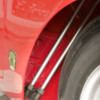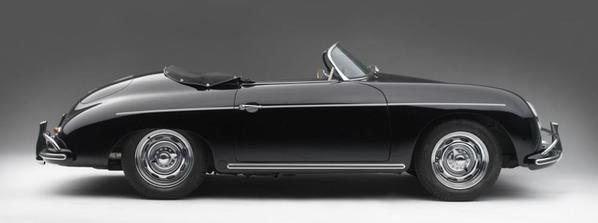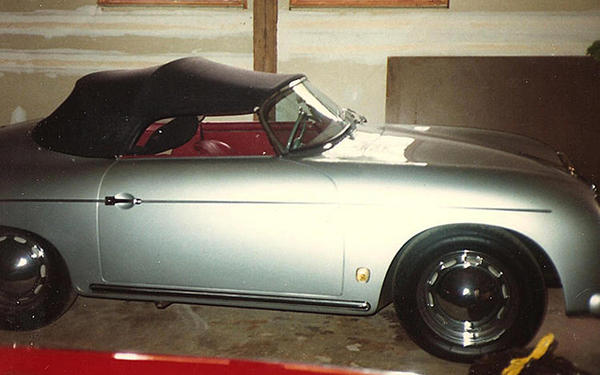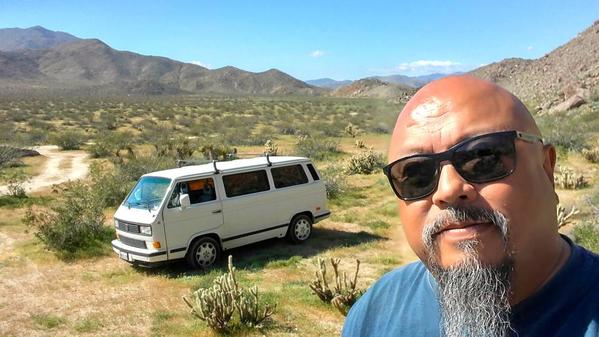Sort of an inverse Orcams Razor, if you catch my drift.
It sure looks that way from the outside.
The interesting thing about Occom's Razer (which says that "more things should not be used than are necessary.") is that it really only works only when the simple solution and complex solution both work equally well. If a more complex solution does a better job than a simpler one, then the complex solution is better. At least, that's what I tell myself when I'm trying to remember why I have two spark-plugs in every cylinder.
Ptolemy said (a long time before Occom), "We consider it a good principle to explain the phenomena by the simplest hypothesis possible", which seems fantastic until you consider that he said this in defense of the Ptolemaic System, which postulated that the planets, stars, and entire universe revolved around the earth. It was an elegant and simple solution (at the time), but it was also wrong.
I like to think my path hews more to the Sherlock Holmes approach, "when you have eliminated the impossible, whatever remains, however improbable, must be the truth." I've eliminated most of the impossibilities by actually trying them, finding them to be of little utility, then discarding them. I'm still finding what those impossibilities are.
... but at the end of the day, I'll readily admit (here, in front of God and everyone on the World Wide Web) to heading down some serious rabbit-holes and into several dead-ends. Occom and Ptolemy (and later, Herr Doktor Porsche) were really onto to something when they postulated that sometimes less is more. The problem for me is that the "more" in this instance is an intangible, and I don't do very well with those. I'm all about the quantifiable. As a result, I tend to think less is just less, and more is (well)... more.
There really isn't any mechanical problem that can't be overcome by the application of effort and money. The madness comes in knowing (or not knowing, as it were) how much effort and money are appropriate for the problem at hand, and whether or not those problems can just be lived with in a manner requiring almost no effort or money.
Anyhow, I don't think I'm the anti-Occom, so much as the anti-Jim Ignacio.
I build engine after engine after engine, in pursuit of some holy-grail of the perfect pushrod air-cooled engine. My goal is to run 90 mph for days at a time, crossing time-zones to get to better roads, so I can run like a sportbike in the mountains. Jim putts along in a near-stock Type 1 for 100k mi, running whatever oil is on sale and hanging out in the right lane on CA1, looking more cool than I ever have or will.
I have roll-up windows, a gasoline heater, and a scissor frame top. I've sealed up every place water or air might infiltrate the cabin. I drive 6 months a year. Jim just lives in SoCal, and drives all year round in a car that never gets the top put up at all. I'm wound like an 8-day clock, Jim runs on island time.
So... when it comes to being OCD, I can do OCD. But my advice remains-- if you can just be happy with the way things are, you'll spend a fraction of the time and money you can spend trying to make it better. If you're that guy, fan-stinking-tastic. If not... I'm really so very sorry.









